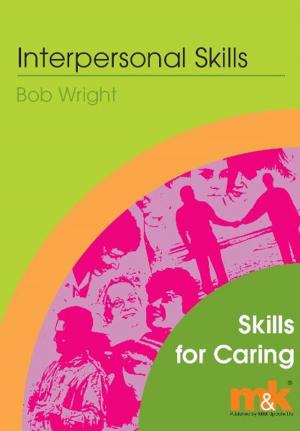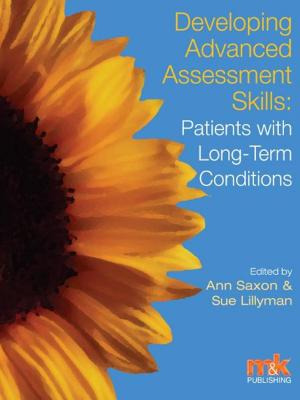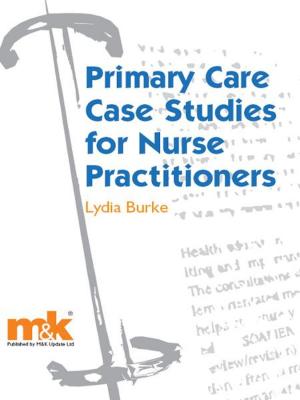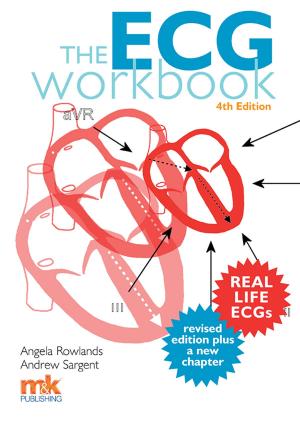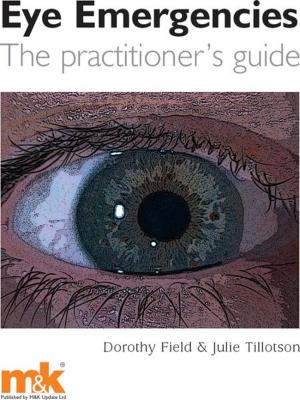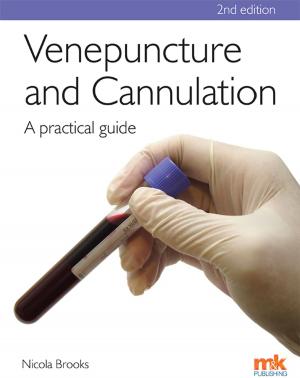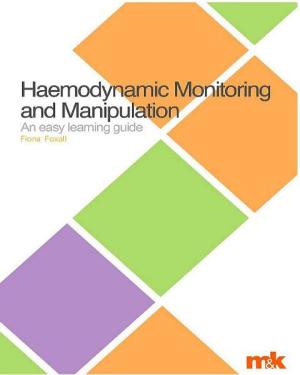Ophthalmic Study Guide: For nurses and health professionals
Nonfiction, Health & Well Being, Medical, Fiction & Literature| Author: | Dorothy Field, Julie Tillotson, Mandy Macfarlane | ISBN: | 9781907830402 |
| Publisher: | M&K Update Ltd | Publication: | November 1, 2009 |
| Imprint: | M&K Publishing | Language: | English |
| Author: | Dorothy Field, Julie Tillotson, Mandy Macfarlane |
| ISBN: | 9781907830402 |
| Publisher: | M&K Update Ltd |
| Publication: | November 1, 2009 |
| Imprint: | M&K Publishing |
| Language: | English |
Over recent years, an increasing variety of professionals have been involved with the care of ophthalmic patients. The aim underlying the changes of the last 20 years has been to provide an efficient, high quality and cost effective service to patients, which utilises the skills of the multidisciplinary ophthalmic team. This study guide cannot be considered to be a substitute for more formal, assessed education and training for role expansion, but can be considered in terms of being a skills escalator in that those who make good use of its contents and use the little To do sections to reflect on and research their practices should be able to develop their basic knowledge and skills in practice more quickly, and develop the habit of self assessment and self directed learning. The simple questions at the end of each chapter can be used for self-testing, or as a basis for questions that mentors could ask their students.
Over recent years, an increasing variety of professionals have been involved with the care of ophthalmic patients. The aim underlying the changes of the last 20 years has been to provide an efficient, high quality and cost effective service to patients, which utilises the skills of the multidisciplinary ophthalmic team. This study guide cannot be considered to be a substitute for more formal, assessed education and training for role expansion, but can be considered in terms of being a skills escalator in that those who make good use of its contents and use the little To do sections to reflect on and research their practices should be able to develop their basic knowledge and skills in practice more quickly, and develop the habit of self assessment and self directed learning. The simple questions at the end of each chapter can be used for self-testing, or as a basis for questions that mentors could ask their students.

